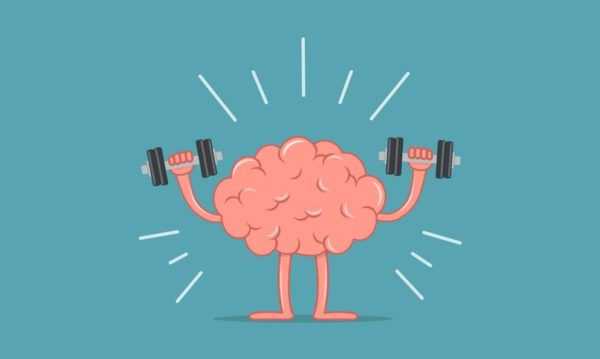Effective Stress Management Techniques
Learn practical ways to handle stress for a healthier life.
Step 1: Practice Mindfulness and Meditation
Mindfulness and meditation involve focusing on the present moment to reduce anxiety and stress. Techniques
such as deep breathing, guided meditation, and body scanning can help calm the mind and improve focus.
Pro Tip: Start with 5-10 minutes of mindfulness practice each morning to set a positive tone for your day.
Step 2: Engage in Regular Physical Activity
Exercise is a powerful stress reliever that releases endorphins, boosts mood, and provides a natural energy
lift. Activities like walking, cycling, dancing, or yoga can significantly reduce stress levels.
Pro Tip: Choose an activity you enjoy and aim for at least 30 minutes of moderate exercise, five days a
week.
Step 3: Prioritize Time Management
Poor time management can lead to stress and overwhelm. Prioritize tasks, break larger goals into smaller
steps, and avoid overcommitting yourself. Use tools like to-do lists, calendars, or productivity apps to
stay organized.
Pro Tip: Apply the "Pomodoro Technique" – work in 25-minute intervals followed by a short break to maintain
focus.
Step 4: Maintain a Healthy Diet
A balanced diet can influence your stress levels. Eating nutrient-rich foods, such as fruits, vegetables,
lean proteins, and whole grains, can stabilize your mood and provide sustained energy.
Pro Tip: Avoid excessive caffeine and sugar, which can contribute to stress and anxiety.
props.adsense_in_article_ads
Step 5: Connect with Others
Social support plays a crucial role in managing stress. Spend time with friends, family, or colleagues who
provide positive reinforcement and understanding. Sharing your feelings can help you process stress more
effectively.
Pro Tip: Schedule regular catch-ups with a trusted friend or family member to maintain strong social ties.
Step 6: Get Quality Sleep
Lack of sleep can exacerbate stress and impact your overall health. Aim for 7-9 hours of quality sleep each
night by establishing a bedtime routine and creating a calming sleep environment.
Pro Tip: Limit screen time before bed and consider using relaxation techniques like reading or gentle
stretching.
Step 7: Take Breaks and Practice Relaxation
Short breaks during your day can refresh your mind and body. Simple relaxation techniques like deep
breathing, stretching, or listening to soothing music can alleviate stress.
Pro Tip: Consider trying progressive muscle relaxation to release tension in your body.
Step 8: Set Boundaries and Learn to Say No
Setting boundaries is essential to avoid burnout. Learn to say no to unnecessary commitments that drain your
time and energy, and focus on what truly matters to you.
Pro Tip: Practice assertive communication to express your needs and protect your personal time.












